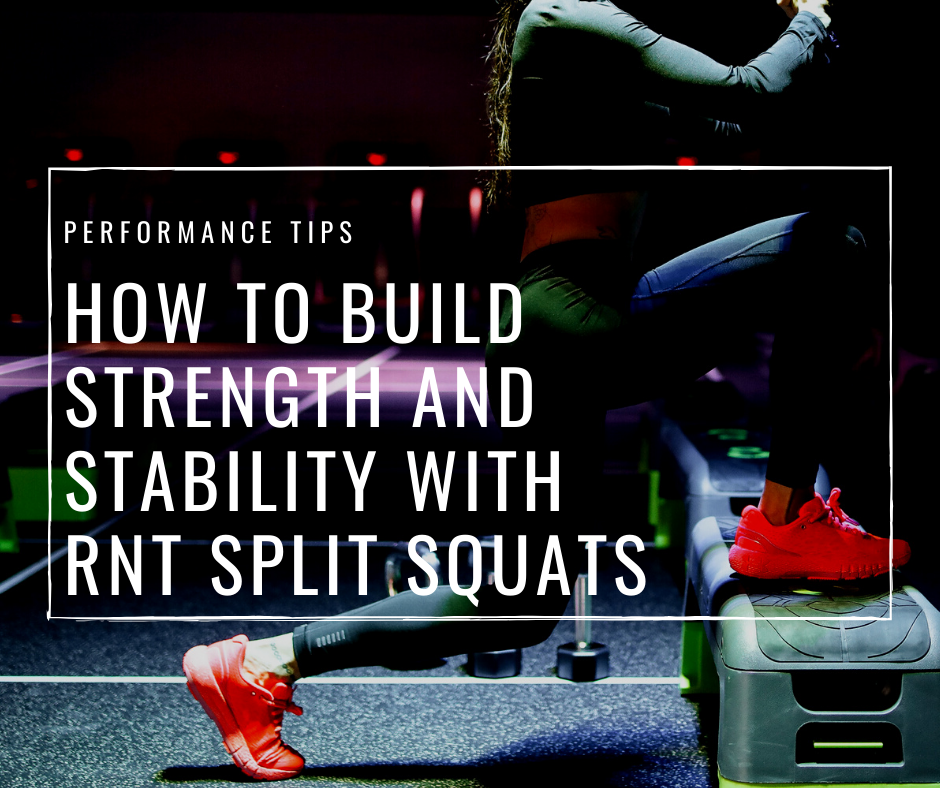VIDEO: Shoulder Muscle Balance Assessment
In order to maximize shoulder strength and maintain great long-term shoulder health, the postural muscles around the shoulder must be in balance. By this I mean that the stabilising muscles in your shoulders must be relatively strong compared to the bigger muscles around them. In other words, if your pecs, lats and triceps are incredibly strong but your rotator cuff, lower traps and rhomboids are incredibly weak, you’re going to have problems. We call this being ‘out of balance’.
Muscle balance isn’t theoretical. In fact, we can put an exact number to it.
The first step in my shoulder muscle balance assessment is to find your one rep max for the close grip bench press. Your grip should be just outside of shoulder width, and you’ll want to maintain a strict 3-sec lowering phase. Or, if you want to do it the lazy way and you have your 1RM for your regular bench press grip, use 90% of that for your working number.
From there, test your 8RM with a strict 3-sec lowering phase with a seated DB external rotation. In order to demonstrate good balance in your shoulder muscular you should be able to do 10% of your close grip bench press.
Check out this video for details on how to perform shoulder muscle balance assessment:
Sample Program For improve shoulder muscle balance
One of the easiest ways to progress on these shoulder muscle balance exercises is to spend 2-3 weeks training different rep ranges. Performing 3 workouts per week, spend weeks 1-2 doing sets of around 20-reps, weeks 3-4 doing sets of around 12 reps, and weeks 5-6 doing sets of around 8 reps.
Use a controlled, smooth tempo at all times.
And while you can use this seated external rotation exercise variation (as shown in the video), you can also add in other external rotation variations too. The upper body generally responds tremendously well to variation, so you could change the exercise variation every 2-3 weeks if you desire.
Who Is This shoulder muscle balance assessment Good For?
If you’re a beginner, don’t worry too much about this shoulder muscle balance assessment. Unless you have a preexisting shoulder problem, it’s usually best to spend time developing good technique, building strength, and then seeing where the chips fall.
Testing for structural muscle balance becomes more important for intermediate or advanced lifters. If you test your 8RM dumbbell external rotation and find that you’re way off, this tells you two things. First, you’re probably leaving pounds on the table. I’ve seen many times that improving the strength of the shoulders’ postural muscles leads directly to meaningful improvements in bench press, chin-up and shoulder press performance. Second, in the long-term, you could be more likely to experience aches and pains in your shoulders due to continuing to load the joint over time when it doesn’t have sufficient stability.










